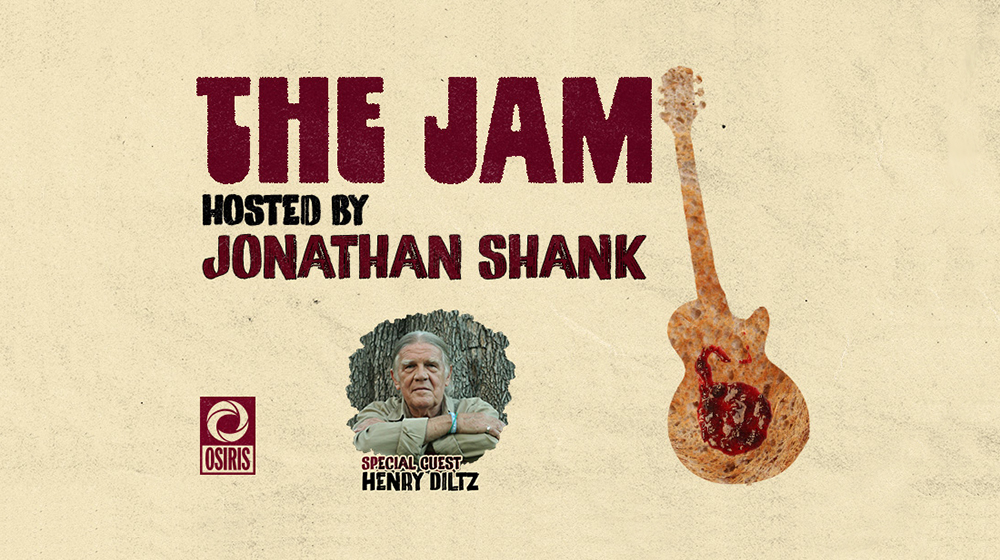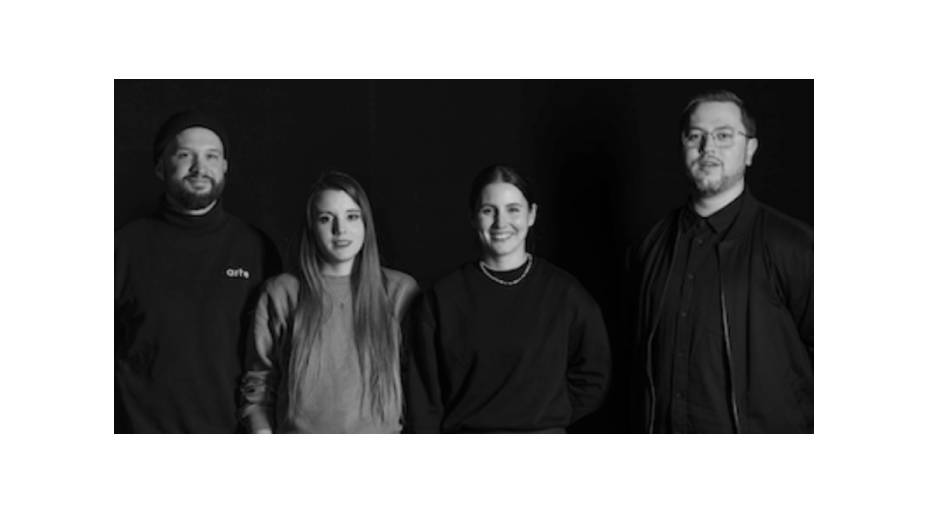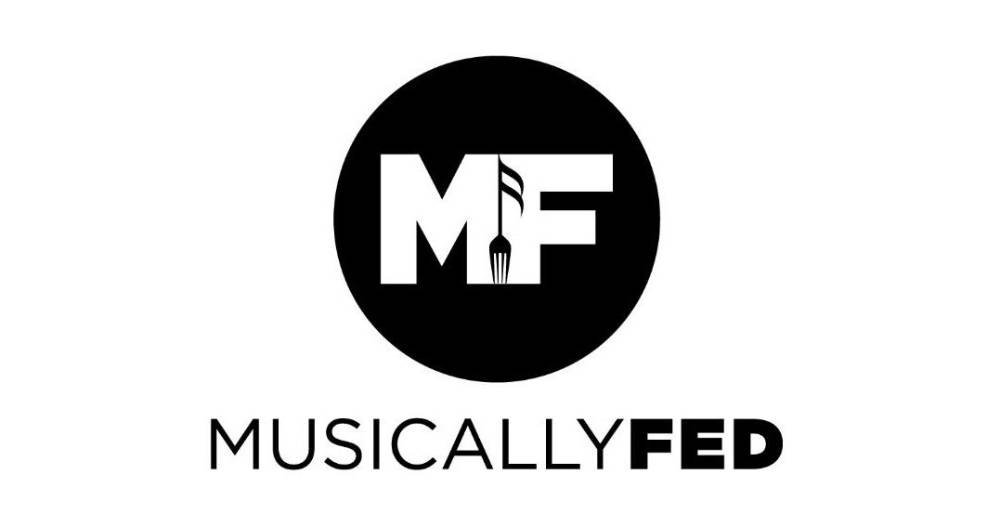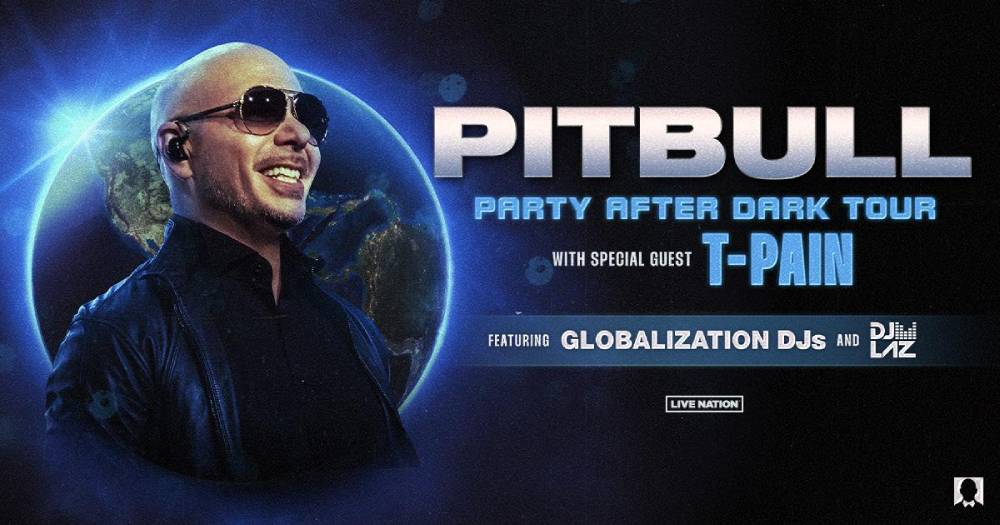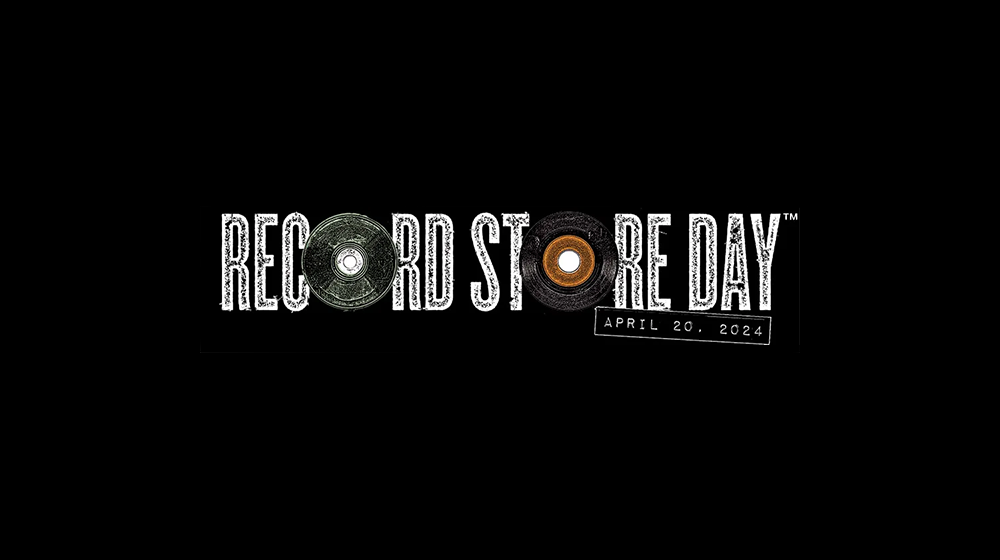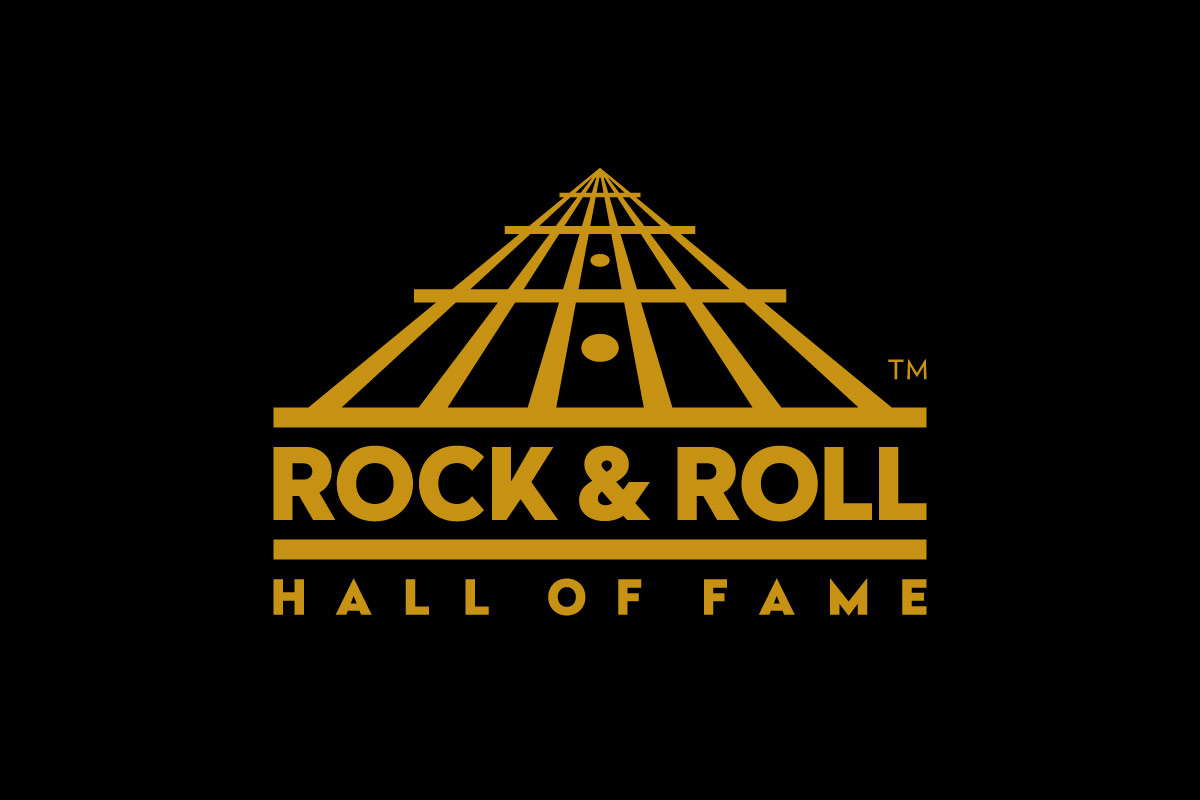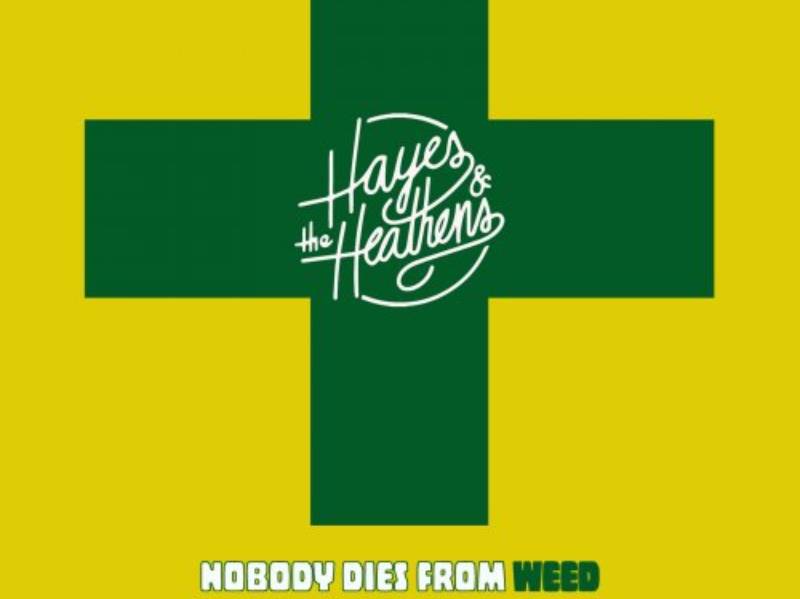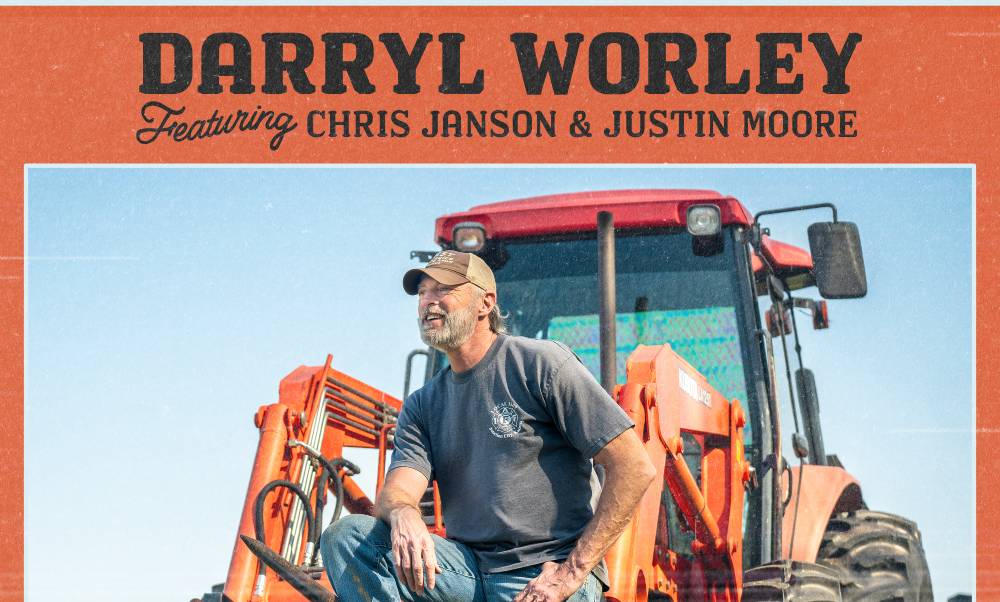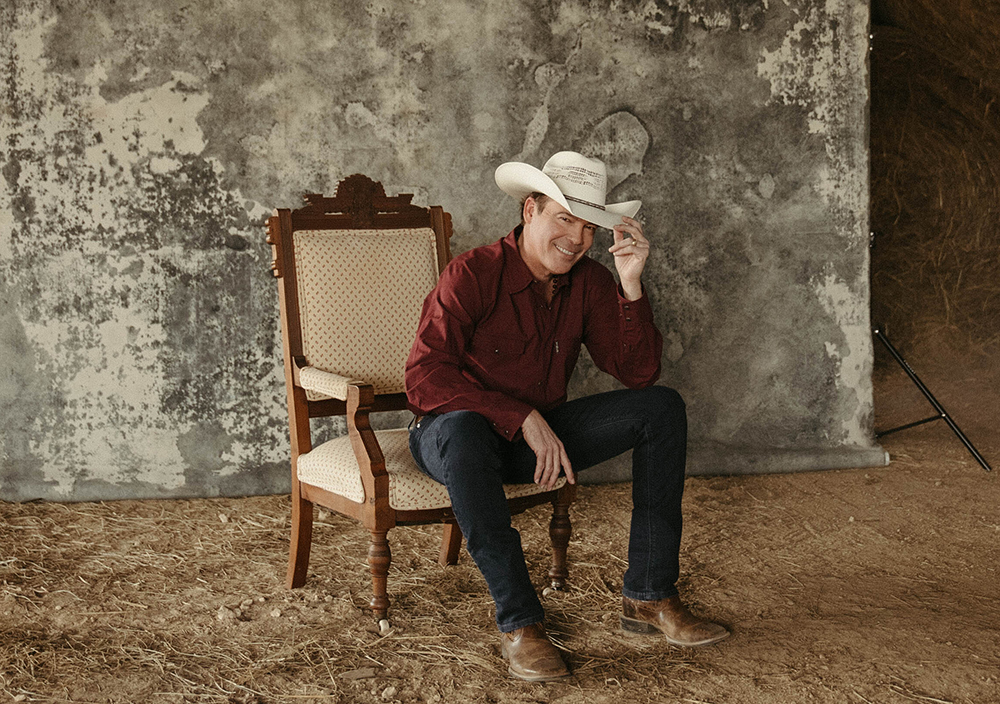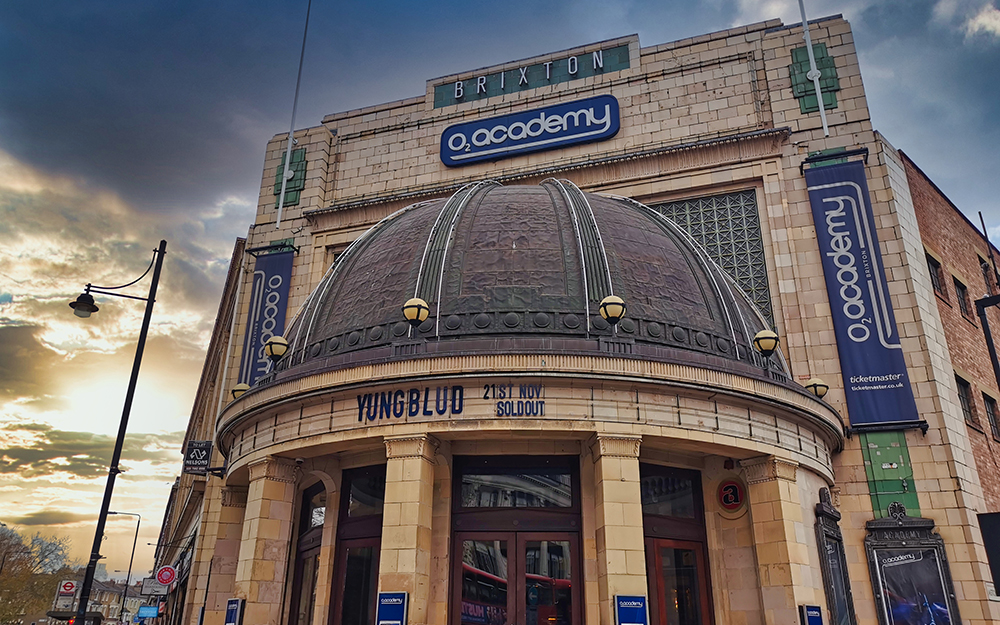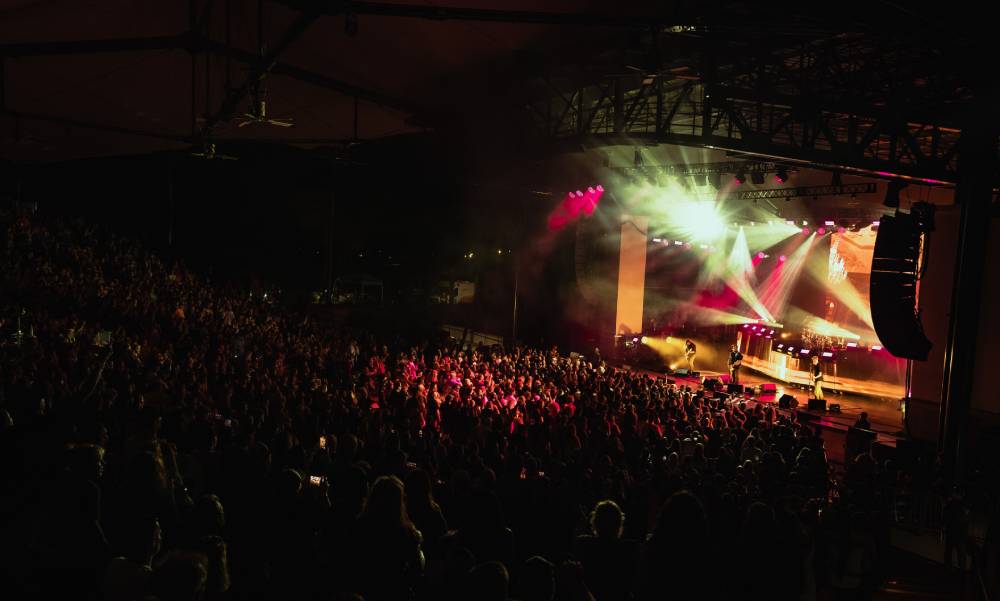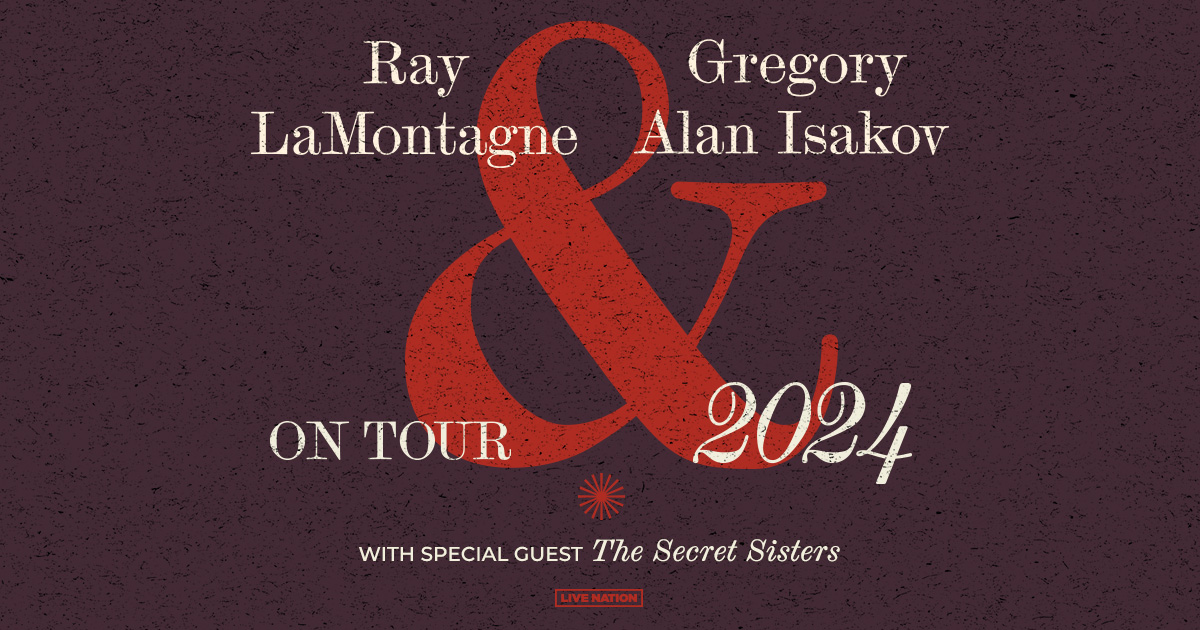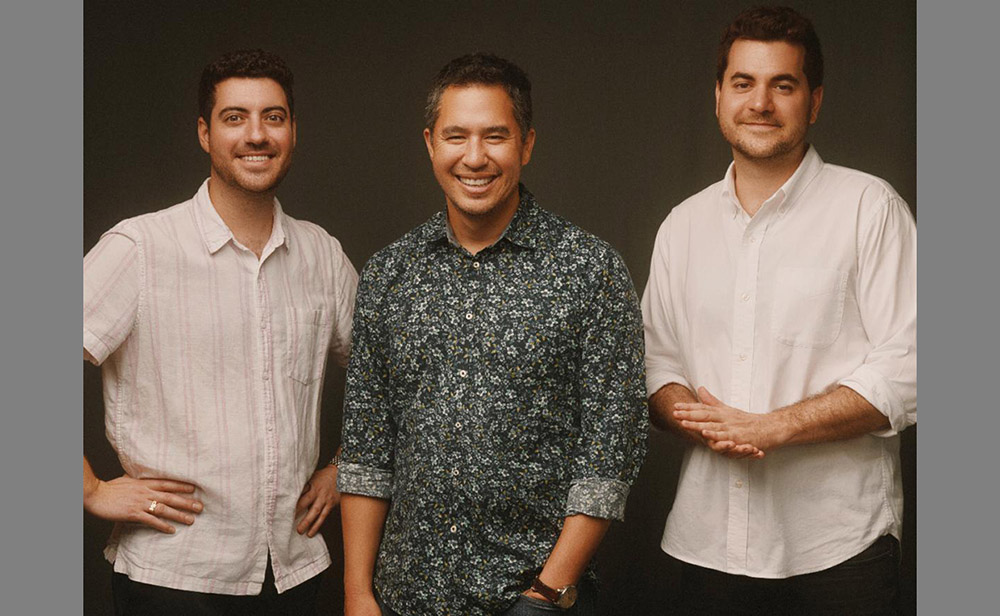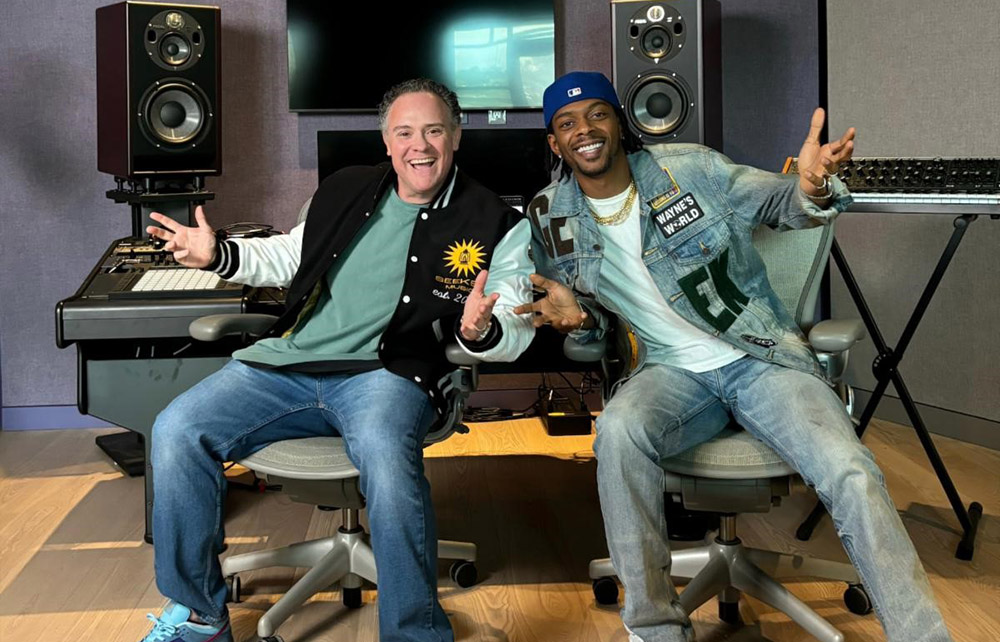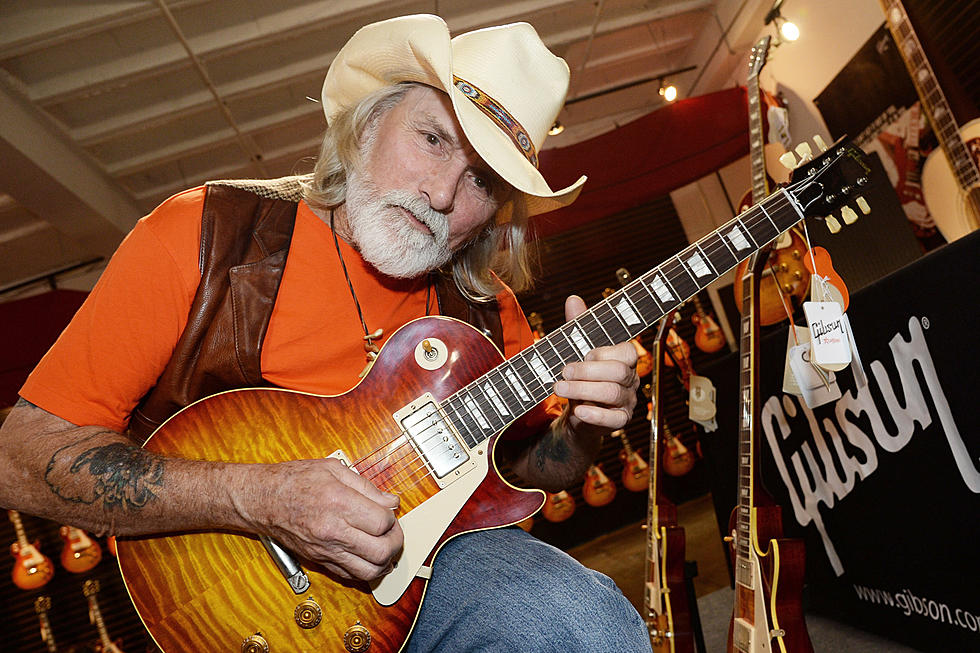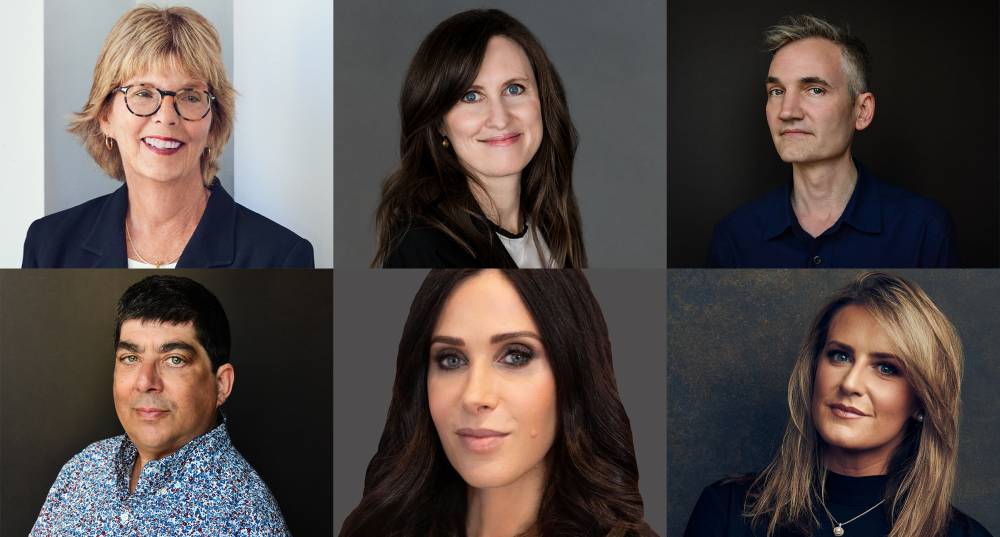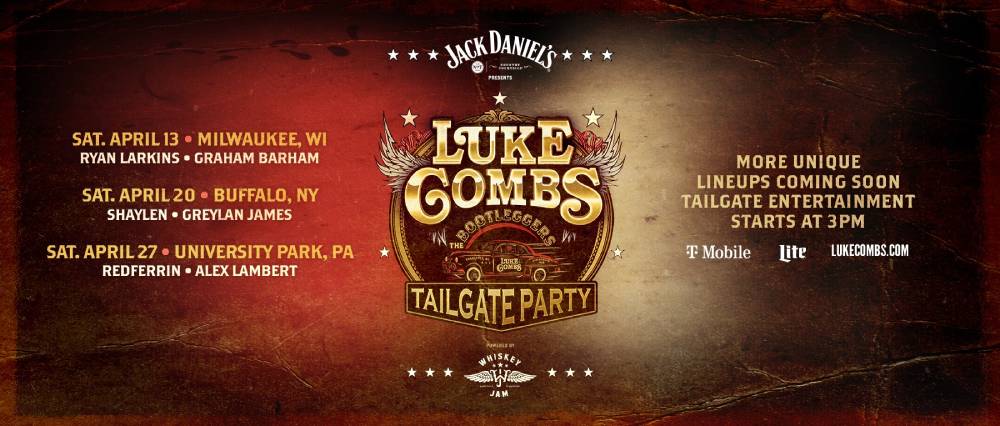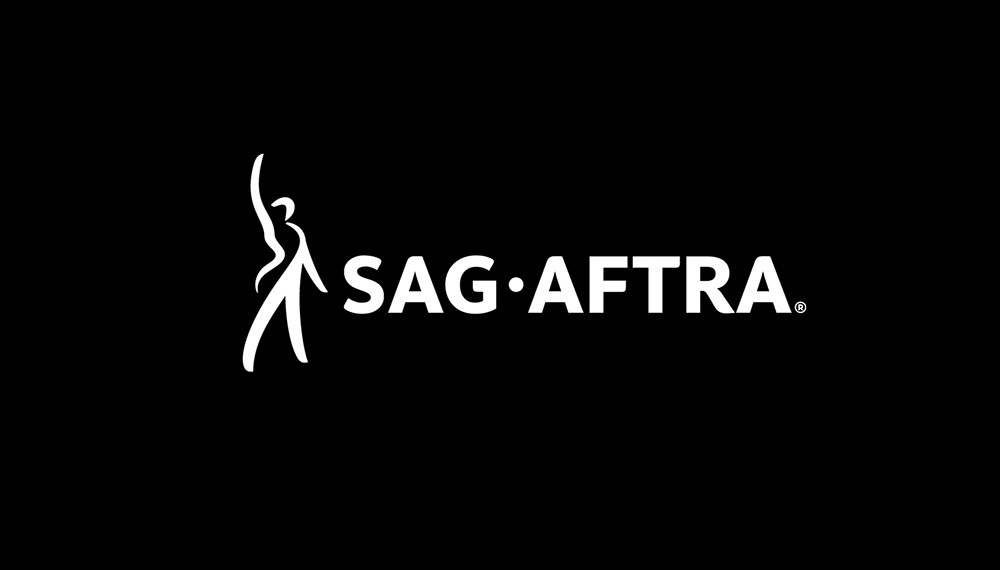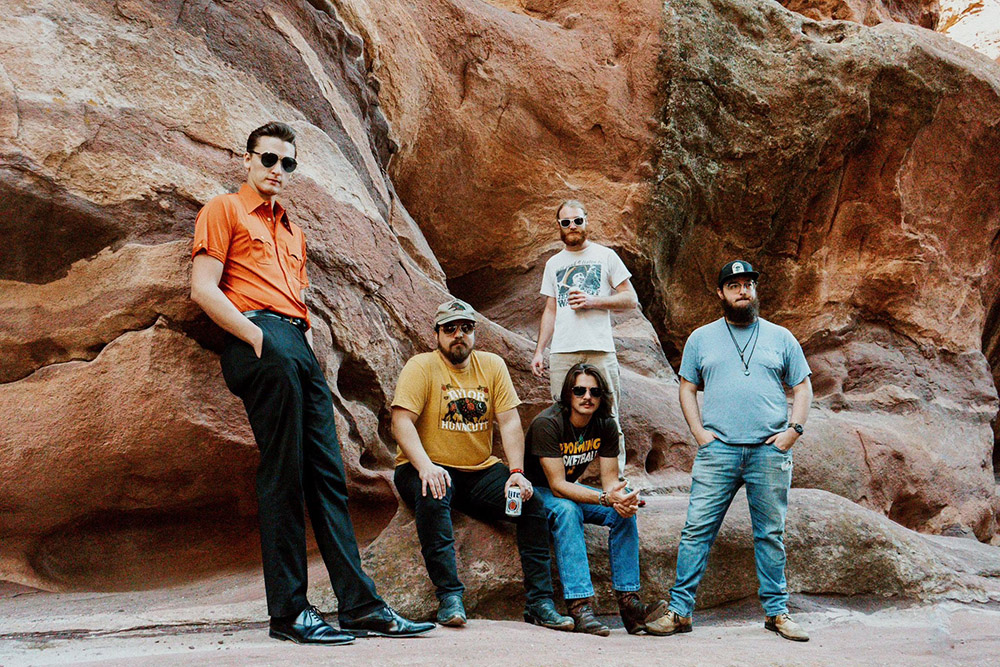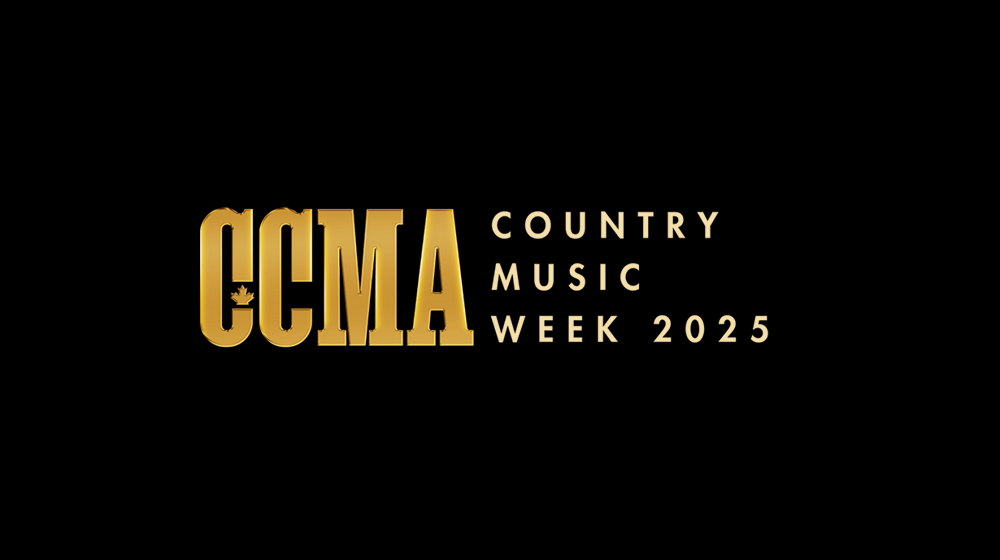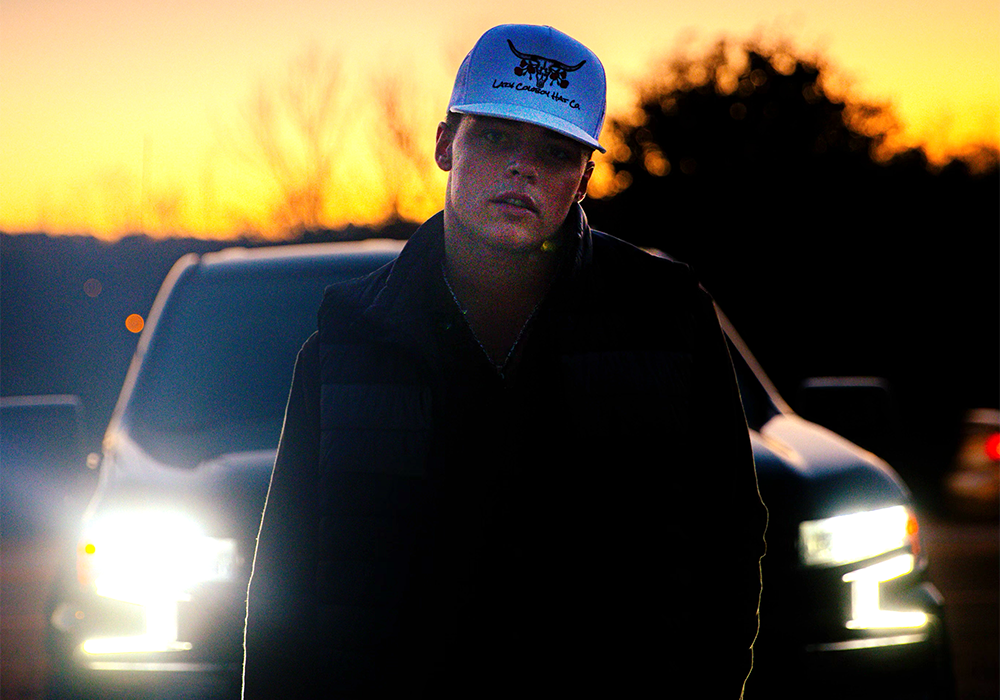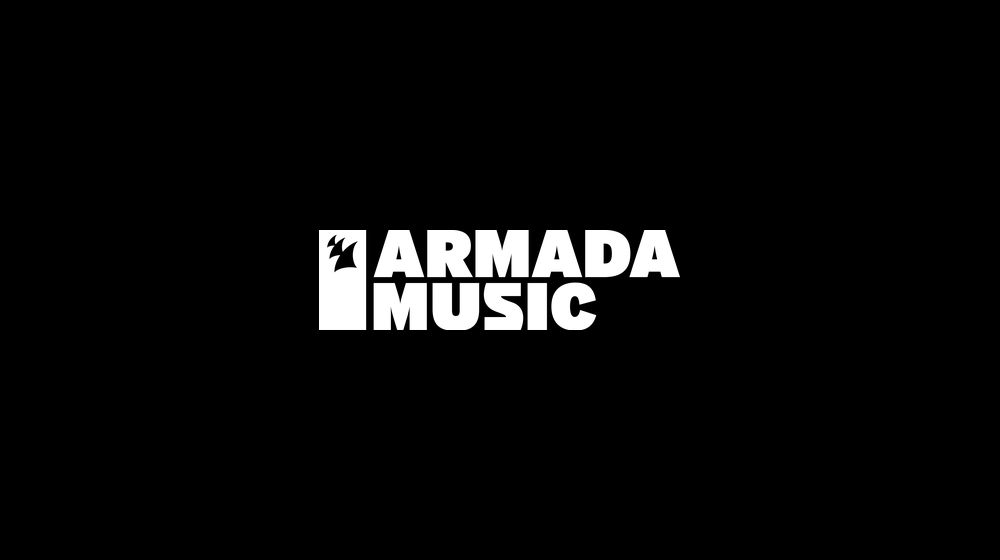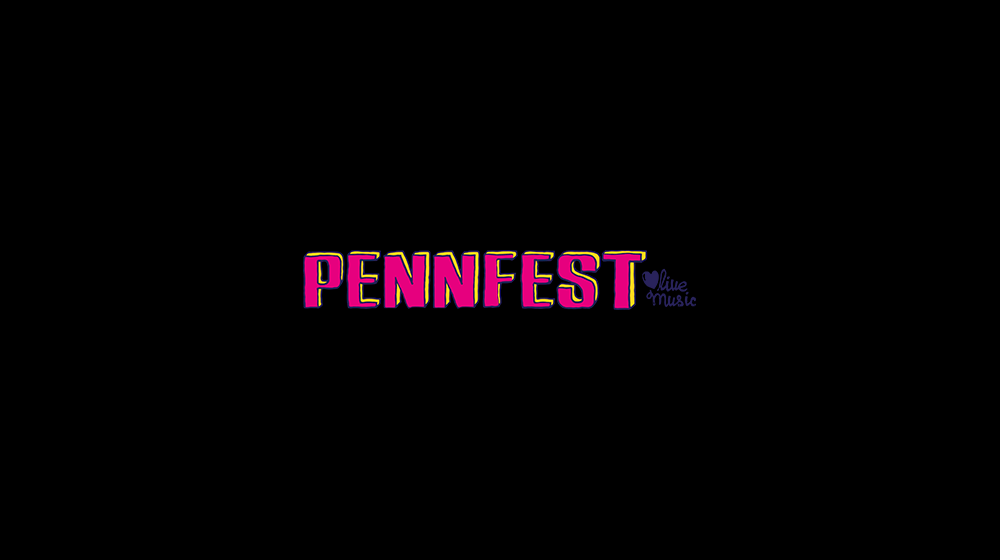
GETTING BUSY (Hypebot) – In this guest post Topspin's Ian Rogers continues to make good on his promise to blog about his experiences as the manager of Get Busy Committee. In this post, he goes back to before the new album's release and takes a look at how it was recorded.
As I’ve mentioned, by the time I came into the Get Busy Committee project the record was finished, so I was and will be mostly be talking about the marketing and distribution of the record, not the recording process. But it was occurring to me that this was an interesting part of the story and worth including. It’s not news that you can record on your computer these days, but personally I was surprised when they told me they made the record on Acid, and at the end of the project Apathy saved us some money by mastering it himself instead of sending it off to a third party to do the mastering. So I thought I’d ask the band a few questions about how, technically, they recorded the album. I grabbed them for a few minutes last weekend before a photo shoot, and just before I became a feverish, useless lump. The results are below, transcribed dutifully by Aidan Nulman. Thanks, Aidan!
Ian: So how did you record this album, technically? Did you guys spend a million dollars, book a month at the Record Plant…
Apathy: Yeah, you know. G4s, Lamborghinis, that’s how we do it basically.
Ryu: For the next record we’re renting a G5, calling it The Mile High Club.
Apathy: Yup. We recorded the whole thing on a plane. Mile High Club, coming soon… Nah…
[back to serious tone]
the thing is is that we’ve all been signed to majors, we’ve all worked in the biggest studios — crazy, elaborate, fancy studios — and you don’t get as much of a vibe as when you’re chilling at the crib, hanging out, and working out of the home studio. And that’s what we prefer. When it comes down to the thing of “if I had to work in some crazy-fly, super Dr. Dre studio or work at Scoop’s crib,” I’d rather work at Scoop’s crib ‘cuz we’re gonna be more productive, gonna catch a better vibe.
Ryu: We were just telling Scoop yesterday, “do not get rid of this apartment.”
Scoop: Yeah, we gotta keep the apartment, keep it a full-time studio.
Ryu: I don’t care if we gotta buy the whole building out.
Scoop: Yeah.
Ryu: You gotta keep that place ‘cuz…
Scoop: [Otherwise] the vibe will be gone.
Ryu: We vibe out at our studio in Reseda, and at Scoop’s crib. That’s where we do everything.
Ian: And whose studio is that in Reseda?
Ryu: It’s the Styles of Beyond studio. It’s Cheapshot, Vince Skully, myself, Sean Berman, you know, we’ve been recording there for a long time.
Ian: So you’re making the beats and whatnot at Scoop’s and then going and recording the vocals in Reseda?
Ryu: Both.
Scoop: We’re doing both at my crib. Everything was set up so we could do it at my house ‘cuz we had the full studio there. When Ap comes into town, we just all get together and work on stuff until… we were in the studio yesterday until, like, 4 in the morning or something.
Ryu: Scoop and Ap use Acid, so they’re on the same program, so that works out.
Apathy: The computer program: Acid…
Scoop: Not the drug.
Apathy: …not the mental-stimulation acid.
Ryu: (to Apathy) See? I didn’t even elaborate. I was going to leave it up to them.
Ian: That was my next question: on the technical side, are strictly using Acid to make the beats?
Apathy: Yeah, strictly. I started off making everything in Acid: we record in Acid, we mix in Acid, we use it in correlation with Soundforge.
Scoop: Everything, including effects. It definitely has a unique sound when you hear the record; there’s nothing that sounds like it recording-wise.
Ryu: Not everything was made in Acid though. We used Reason sometimes, too.
Scoop: Reason, yeah. For the next album, we’re going to experiment with more stuff. But we definitely had a certain sound we wanted to use. And it definitely was easy [to collaborate with Apathy], because we were working on the same stuff. We’d just bounce records back and forth to each other.
Ryu: Using a, what, a little Roland NT-1000 mic?
Scoop: Yup.
Ryu: That’s it.
Scoop: Just keep it moving.
Ryu: We don’t even care if it sounds messed up. We don’t care if the shit ain’t even plugged in correctly.
Scoop: Yeah, it can sound any way it sounds.
Ryu: My Little Razorblade is probably the worst recording ever. The vocals are all blown out.
Apathy: Our vocals are blown and it just sounds like shit, but I love it. You know, that’s the thing, a lot of people go crazy, they’re fanatical about sound quality but their songs suck. You can have your thing sounding all pristine, but your songs are boring and they suck.
Apathy: Yeah, straight up. If you listen to old Wu-Tang Clan, you’ll hear a lot of errors in it, you’ll hear a lot of flaws, but that’s what’s hot about it. You listen to an old Raekwon or GZA album, it’s grimy and it’s fucked up, but that’s what’s hot about it.
Scoop: I mean, a lot of people think that you need a big [sic] thousand-dollar studio to make a hit record, and really it’s not about the wand, it’s about the magician. So, you know…
Ryu: I wish I had a thousand-dollar studio.
Apathy: I wish I had a thousand-dollar wand.
Ian: As I was writing about releasing this record on my blog, it was occurring to me that there’s a similar story on the recording. It’s not like you guys borrowed money to record this, like some label owns part of it; it’s something that you guys have been working for almost a year, right? In your spare time, and across the country, and for essentially no money. Your own time, and your own investment, and your own studio.
Ryu: We’ve been recording the same way since the ’90s. Even when we were on majors, we still just did it our way because that’s just the way we’re comfortable.
Apathy: There was a time when I was on Atlantic and I had a big studio blocked out, and I was over here in LA recording for, like a month, and it was just whatever. And then as soon as I go home and I’m chilling in my bedroom with my setup, I start producing all this crazy stuff, and it comes out a lot better.
Ian: How long have you guys been essentially computer nerds with recording? Recording on programs like Acid?
Scoop: Years. I’ve been on it for years. For about 10, 11 years now.
Ian: Did it change things for you?
Apathy: 110%, man. It was completely… I have so much control, now. Back in the day, you had to do things through the ASR-10 and sequence things a certain way. Now I have control over every little second.
Scoop: [Previously] you could only do like, 10 seconds of a sample on certain machines. You couldn’t do what you can do nowadays, like take a sound and manipulate it into a whole different sound; take the voices out of the instrumental and just have the, you know, the sounds of the drums. There’s all kinds of stuff you can do.
Apathy: Not only that, but for all the producer nerds out there: I have, when I work in Acid, I have a drum beat, or I have a 4-bar break looped, or the drums, or whatever, I can have the entire sample underneath and view each part and jump around to each part like you jump around on a record. So I can mess with whatever, do whatever, and manipulate it. So it’s just control. Constant control.
Scoop: That’s the thing about computers: you can see it. You can actually see the audio. Cut it where you want to cut it.
Apathy: I think there’s a big thing, though. Even though a lot of people produce with computers, you can line up your snare visually to how that one looks, but it’s still super-important to listen to it. And sometimes, sight is deceiving. You look at certain things, and you’ve still got a…
Scoop: Sometimes you’ve got to put it a certain way, and it lands a certain way.
Apathy: Yup.
Ian: And, Scoop, is this the way you do it for everything you produce? I mean, if you’re producing for Snoop or The Game, anything’s any different?
Scoop: Yeah, I mean, it’s the same thing. I’ll bring a set-up to the studio, a portable set-up, just make a beat off of anything. A lot of the computer programs nowadays, you can just bring it, set it up, and dump it down to Pro Tools or whatever the case is. You can just make a beat off of a keyboard. I mean, whatever sounds good, man.
Ian: Alright. Any other words of wisdom for anybody out there who’s interested in making a record?
Apathy: No. Don’t.
Ryu: No.
Apathy: Don’t make a record.
Ryu: Yeah, it’s the worst way to try to make a living.
Apathy: There’s more people onstage than in the audience nowadays.
Ian: Why do you guys do it if it sucks?
Apathy: We do it ‘cuz it’s too late, we fucked everything else up. So this is what we’re stuck with.
Ryu: We still didn’t graduate yet, so our options are limited.
Apathy: Rap or McDonald’s? Ehhh, let’s go to rap for now. McDonald’s will always be there.
Ian: Perfect.
Listen to Get Busy Committee’s Uzi Does It in the streaming player below. If you like what you hear, buy the album direct from the artist in a limited edition Uzi-shaped USB flash drive, here.



















